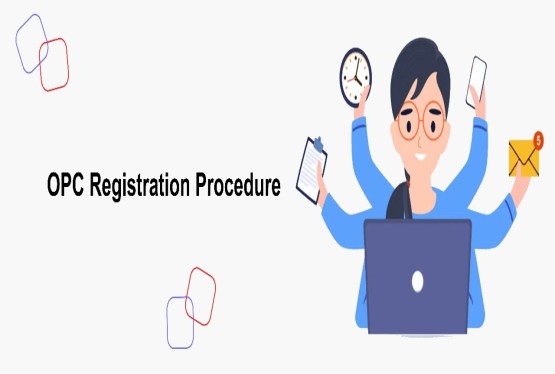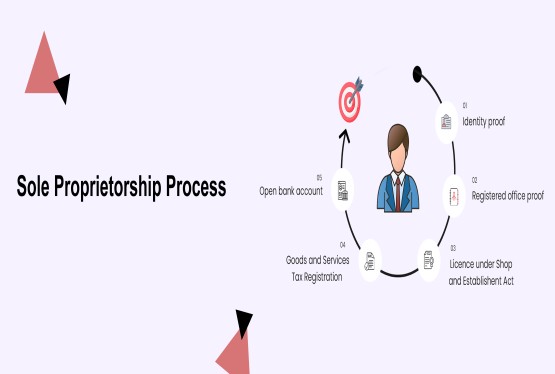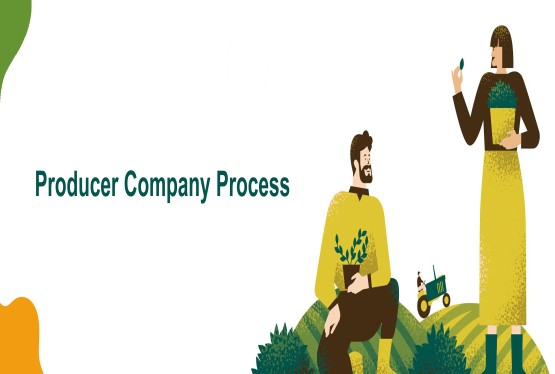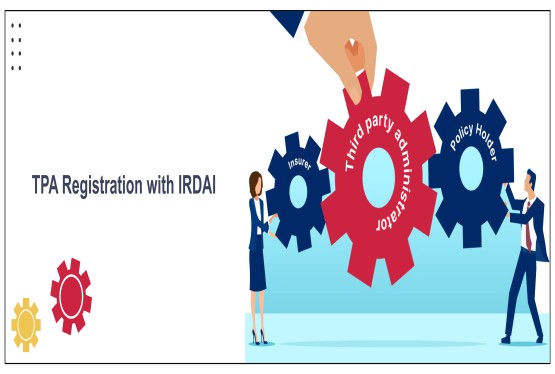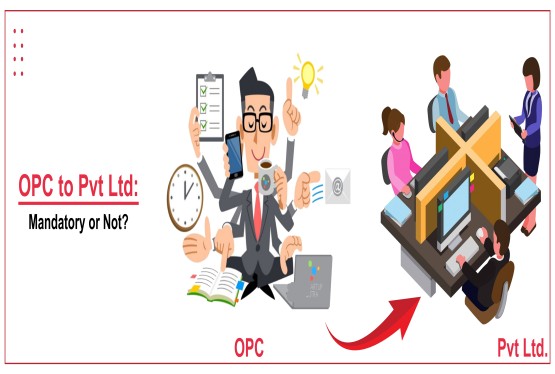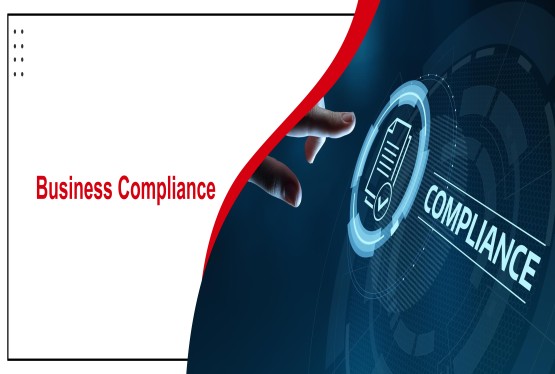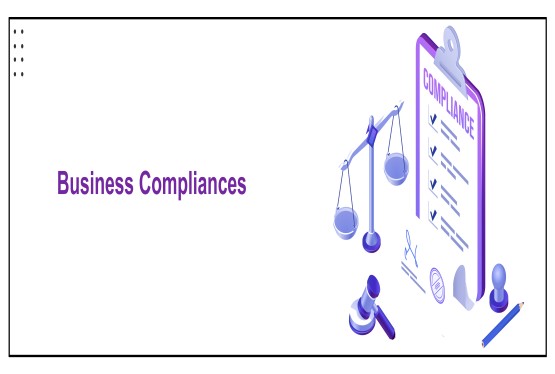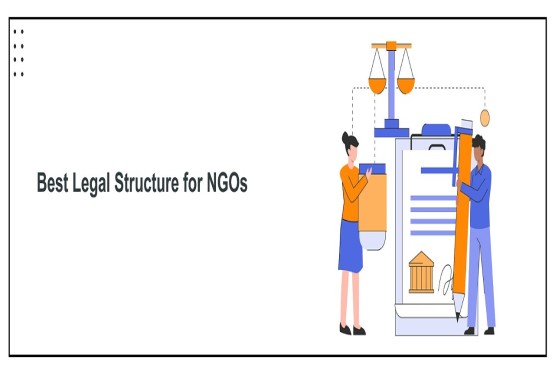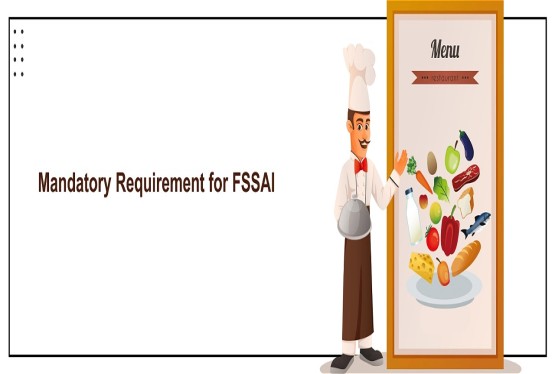The Food Safety and Standards Authority of India (FSSAI) mandates specific annual and half-yearly returns for certain categories of food business operators (FBOs). These returns are important for maintaining transparency, ensuring food safety, and complying with regulatory requirements. This article provides a detailed overview of the FSSAI annual return process, including who needs to file, the types of returns, due dates, penalties for non-compliance, and frequently asked questions.
Introduction to FSSAI Annual Returns
The FSSAI annual return is a mandatory compliance requirement for specific FBOs operating in India. It involves submitting detailed information about the quantity and types of food products handled, manufactured, imported, or exported during a financial year. This data helps FSSAI monitor food safety standards and maintain a complete database of food businesses.
Who Is Required to File FSSAI Annual Returns?
Not all FBOs are obligated to file annual returns. The requirement applies to:
-
Manufacturers: Entities involved in producing food products.
-
Importers and Exporters: Businesses importing or exporting food items.
-
Repackers and Relabellers: Those who repackage or relabel food products.
-
Processors: Units processing raw food materials into finished goods.
FBOs involved in the production or processing of milk and milk products have additional half-yearly return requirements.
Exemptions: Certain entities are exempt from filing annual returns, including:
-
Restaurants
-
Fast-food outlets
-
Grocery stores
-
Canteens
-
Petty food businesses with an annual turnover below Rs.12 lakhs
Types of FSSAI Returns
FSSAI mandates two primary types of returns:
1. Form D1 – Annual Return
-
Applicability: Mandatory for all FBOs involved in manufacturing, importing, exporting, repacking, or relabelling food products.
-
Details Required:
-
Name and address of the FBO
-
FSSAI license number
-
Details of food products handled (name, quantity, value)
-
Information on imports and exports (country, quantity, value)
-
Due Date: Must be filed by 31st May for the preceding financial year.
2. Form D2 – Half-Yearly Return
-
Applicability: Required for FBOs involved in the manufacturing or processing of milk and milk products.
-
Details Required:
-
Quantity of milk handled
-
Details of milk products manufactured
-
Procurement and sales data
-
Due Dates:
-
For the period 1st April to 30th September: Due by 31st October
-
For the period 1st October to 31st March: Due by 30th April
How to File FSSAI Returns Online in FoSCoS
Filing FSSAI returns has been streamlined through the Food Safety Compliance System (FoSCoS) portal. Here's a step-by-step guide:
-
Access the FoSCoS Portal: Visit https://foscos.fssai.gov.in.
-
Login: Use your FSSAI license number and password to log in.
-
Go to Returns Section: Click on the 'Annual Return' tab.
-
Select the Appropriate Form: Choose Form D1 or D2 based on your business activity.
-
Fill in the Details: Enter all required information accurately.
-
Submit the Form: Review and submit the form electronically.
Note: Separate returns must be filed for each FSSAI license held by the FBO, even if the business operates under the same name.
Penalties for Non-Compliance
Failure to file the required returns within the stipulated deadlines attracts penalties:
-
Late Filing Penalty: Rs.100 per day of delay beyond the due date.
-
Maximum Penalty: The total penalty should not exceed five times the annual license fee.
Persistent non-compliance may lead to further legal actions, including suspension or cancellation of the FSSAI license.
Benefits of Timely Compliance
Adhering to FSSAI return filing requirements offers several advantages:
-
Regulatory Compliance:
FSSAI registration ensures that your business follows all food safety laws and regulations mandated by the government. This legal compliance is essential for operating any food-related business in India and avoids unnecessary legal complications.
-
Business Credibility:
Having an FSSAI license (State License or Central License) builds trust among customers, vendors, and stakeholders. It reflects your commitment to food safety, hygiene, and quality, giving your brand a more professional and reliable image in the market.
-
Avoidance of Penalties:
Running a food business without FSSAI registration can result in heavy fines and legal action. Being registered protects you from such penalties and ensures uninterrupted business operations without legal hassles.
-
Facilitates License Renewal:
Proper FSSAI registration and compliance simplify the license renewal process. It helps maintain accurate records and avoids delays or rejections during the renewal stage, ensuring continued legal operation.
Conclusion
Filing FSSAI annual and half-yearly returns is an important compliance requirement for specific food business operators in India. Timely and accurate submission not only ensures adherence to food safety regulations but also enhances business credibility and operational efficiency. FBOs should stay informed about their obligations and utilize the FoSCoS portal for streamlined return filing.
For further assistance or queries, you can book a consultation with Compliance Calendar’s experts through email info@ccoffice.in or Call/Whatsapp at +91 9988424211.
Frequently Asked Questions (FAQs)
Q1. Is it mandatory for all FBOs to file FSSAI annual returns?
Ans. No, only specific categories of FBOs, such as manufacturers, importers, exporters, repackers, and processors, are required to file annual returns. Entities like restaurants and petty food businesses with turnover below Rs.12 lakhs are exempt.
Q2. What is the deadline for filing Form D1?
Ans. Form D1 must be filed by 31st May for the preceding financial year.
Q3. Are there any penalties for late filing?
Ans. Yes, a penalty of Rs.100 per day is levied for delays beyond the due date, subject to a maximum of five times the annual license fee.
Q4. Can I file the returns offline?
Ans. While online filing through the FoSCoS portal is encouraged, certain jurisdictions may allow offline submissions. It's advisable to check with the local food safety authority.
Q5. Do I need to file separate returns for multiple licenses?
Ans. Yes, a separate return must be filed for each FSSAI license held by the FBO.
Q6. What information is required in Form D2?
Ans. Form D2 requires details about milk procurement, production, sales, and stock of milk and milk products for the specified half-yearly periods.
Q7. Are transporters and distributors required to file annual returns?
Ans. Generally, transporters and distributors are exempt from filing annual returns unless they are involved in manufacturing or processing activities.
Q8. Can I revise a submitted return?
Ans. Yes, the FoSCoS portal allows for the revision of submitted returns if corrections are needed.
Q9. What happens if I don't file the return at all?
Ans. Non-filing can lead to penalties, and persistent non-compliance may result in suspension or cancellation of the FSSAI license.
Q10. Is there a fee for filing the returns?
Ans. FSSAI does not charge a fee for filing returns. However, if you engage a consultant or third-party service, they may levy a service charge.












_crop10_thumb.jpg)





_crop10_thumb.jpg)




























-Form_crop10_thumb.jpg)

_crop10_thumb.jpg)























_learn_crop10_thumb.jpeg)
































_crop10_thumb.jpg)

_crop10_thumb.jpg)





















_crop10_thumb.jpg)















_for_Foreign_Directors_learn_crop10_thumb.jpeg)




_Act,_2015_learn_crop10_thumb.jpg)


































_learn_crop10_thumb.jpg)






















